Regulation
FTX Founder SBF to Be Moved to California Federal Prison
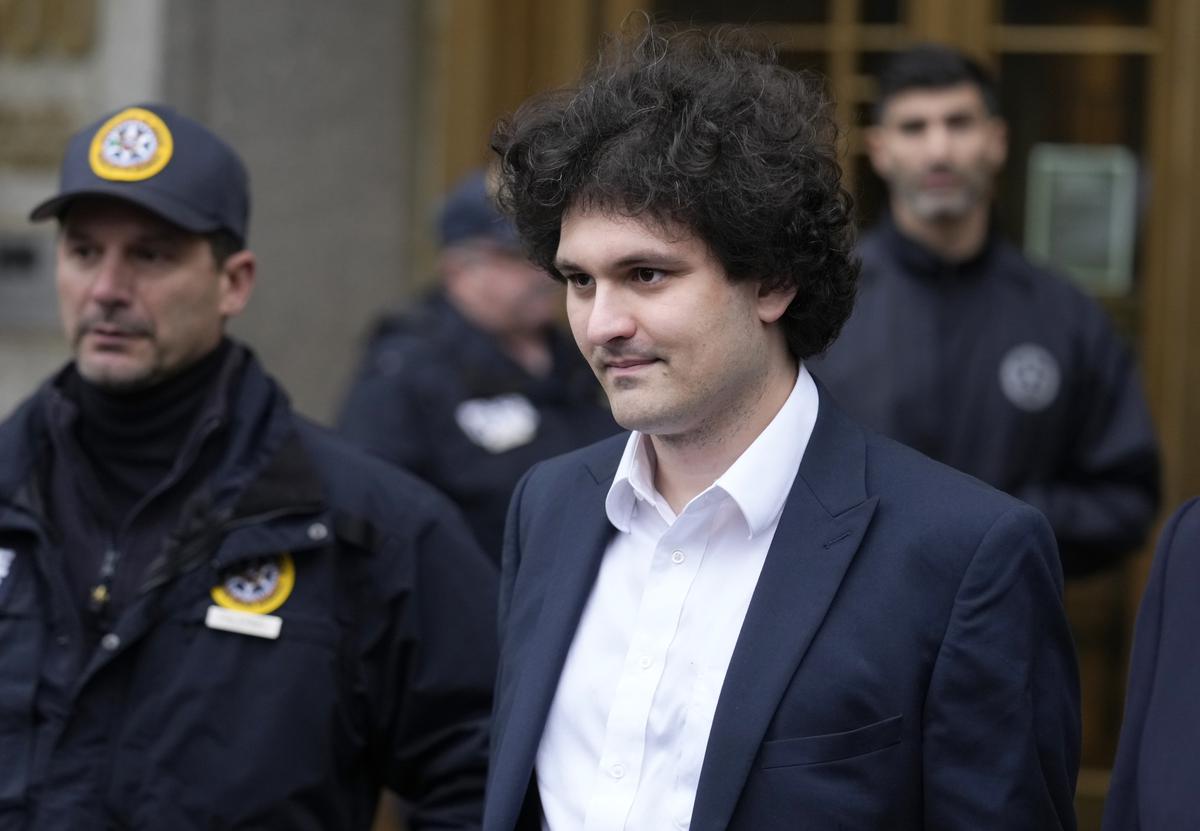
Former FTX CEO Sam “SBF” Bankman-Fried is being moved from the Metropolitan Detention Center (MDC) in Brooklyn to a federal prison in California.
This transfer takes place even though SBF wanted to stay in New York for easy access during the appeal process. The transfer is expected to make him nearer to his parents’ home which is near Stanford University.
SBF to Be Moved to California Federal Prison
According to the report, Bankman-Fried’s destination would probably be the Federal Correctional Institution (FCI) in Mendota, California. This comes after his lawyers failed in their attempt to have him remain in New York during the appeal of his 25-year prison term.
Concurrently, as per a source familiar with the development, Bankman-Fried was notified of his transfer a few days before, and the transfer came in the early hours of Wednesday. However
Bankman-Fried has been detained at the MDC in Brooklyn since August 2023, when the judge withdrew his bail, accusing him of attempts to threaten a witness. The current transfer is intended to bring him closer to his family in Northern California, where he was restricted after his extradition from the Bahamas in 2022.
Appeal Process and Legal Context
In March 2024, a federal judge convicted Bankman-Fried on seven felony counts of fraud and conspiracy and sentenced him to 25 years in prison. The charges arose from accusations that he masterminded a fraud whereby FTX’s customers were swindled to provide him with $8 billion for his investments and personal use.
The defense counsel had moved the court to allow Bankman-Fried to stay at the Brooklyn facility to help in the appeal process. However, management’s decision to transfer him to California overruled these efforts.
The legal circumstances of SBF have been followed keenly since his arrest and subsequent trial process. All his accomplices, such as Ryan Salame, Caroline Ellison, Gary Wang, and Nishad Singh, have also pleaded guilty to other charges and are waiting for their sentencing. Salame is to appear before the court on the 28th of May, 2024.
Living Conditions and Facility Details
If he is transferred to FCI Mendota, Bankman-Fried will be roughly 200 kilometers away from his parents’ home. The prison, which has a population of 931 inmates, consists of a medium-security prison and a minimum-security satellite camp. Due to the duration of his sentence, the likelihood of Bankman-Fried being transferred to the medium-security section is possible.
The Federal Bureau of Prisons has not disclosed details of Bankman-Fried’s transfer to Arizona, stating that it is for security and privacy purposes.
His spokesman, Mark Botnick, would not reveal his final location but said that the Mendota facility could be a possibility.
Read Also: Shiba Inu Price Analysis: Will SHIB Recovery Hit $0.00003 By May End?
The presented content may include the personal opinion of the author and is subject to market condition. Do your market research before investing in cryptocurrencies. The author or the publication does not hold any responsibility for your personal financial loss.
Regulation
Bitcoin Jesus Roger Ver Fights US Indictment Alleging Tax Evasion: Details
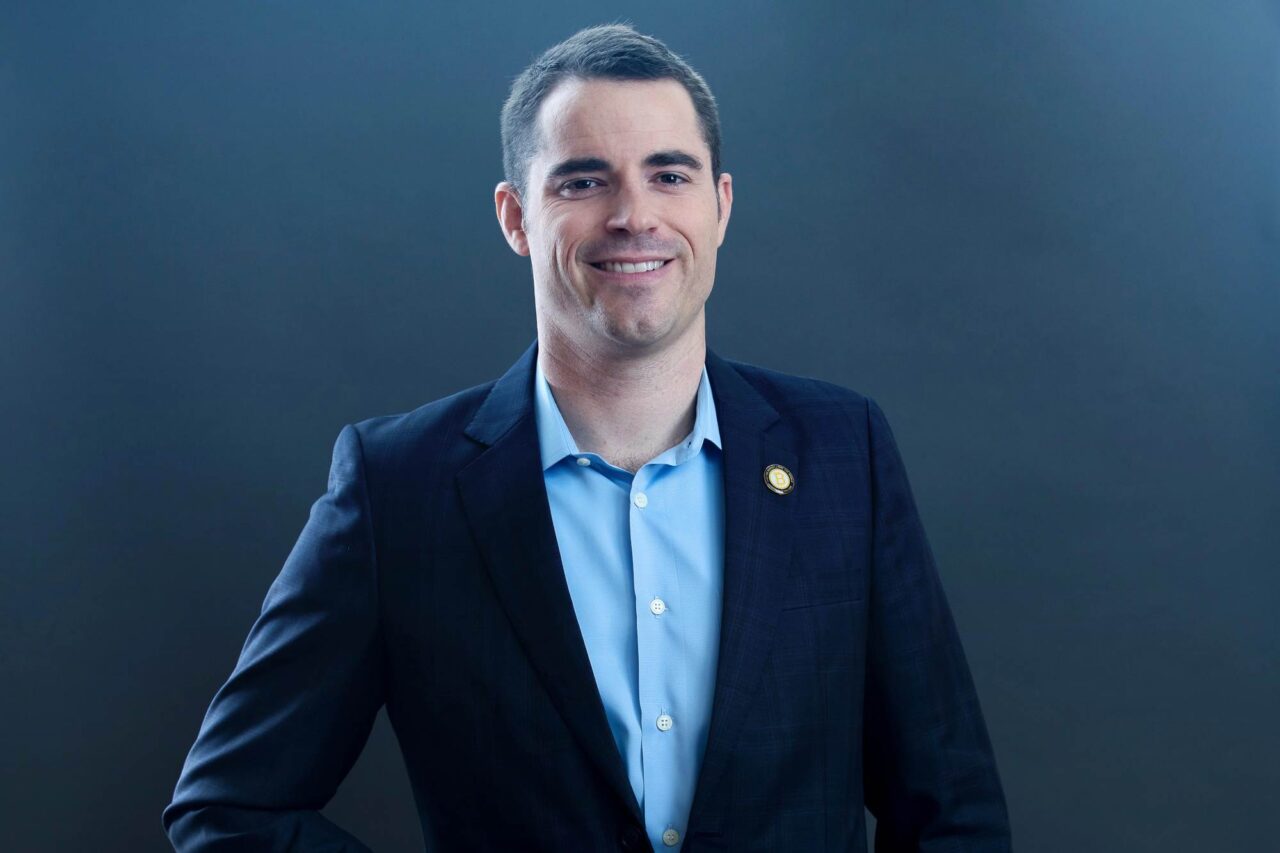
Roger Ver, recognized in the crypto community as “Bitcoin Jesus,” is contesting an eight-count indictment brought by the U.S. Attorney for the Central District of California. Ver, known for his early investments in Bitcoin and advocacy for digital assets, is accused of failing to report $50 million in taxes on Bitcoin transactions valued at $240 million in 2017.
Additional charges allege that Ver underrepresented the value of his businesses during his 2014 renunciation of U.S. citizenship to avoid higher exit taxes.
Roger Ver Fights Tax Evasion Charges
According to FOX Business, Roger Ver is challenging allegations that he evaded paying $50 million in taxes on substantial Bitcoin sales in 2017. Prosecutors claim Ver also underreported the value of two companies he owned, MemoryDealers US and Agilestar, when he expatriated in 2014.
Allegedly, the underreporting allowed him to avoid a higher exit tax, a levy imposed on unrealized capital gains for individuals relinquishing U.S. citizenship.
Ver’s legal team, comprising attorneys from prominent law firms Steptoe LLP and Kimura London & White, filed a motion to dismiss the indictment. The motion argues that the Justice Department engaged in unconstitutional government overreach and selectively withheld key evidence. It also claims the actions violated Ver’s right to due process.
The filing includes correspondence between Ver and his attorneys, indicating his efforts to ensure compliance with crypto tax regulations at the time.
Allegations of Government Overreach and Communication Misuse
Roger Ver’s legal representatives contend that prosecutors improperly obtained privileged attorney-client communications and used them to build their case. These communications include detailed emails in which Ver sought professional advice to meet his tax obligations, even under ambiguous guidelines.
The legal team also claims that the indictment reflects selective enforcement against Roger Ver, a vocal critic of U.S. cryptocurrency regulations. The motion claims crypto tax rules during Ver’s expatriation were unclear, making criminal charges unwarranted.
Furthermore, the attorneys assert that the government’s actions violate core constitutional protections for individuals seeking to renounce citizenship.
More so, Ver’s defense argue that crypto tax regulations were insufficiently defined at the time of his alleged offenses. The IRS began issuing guidance on virtual assets as property in late 2014, after Ver had renounced his U.S. citizenship.
His legal team maintains that Roger Ver relied on attorneys and accountants to comply with all applicable laws. In an email correspondence dated April 2013 and included in the filing, Ver expressed to his lawyer,
“I want to make sure that my exit tax payments are as clean as possible, with no room to have trouble from the IRS in the future.”
Moreover, emails reveal that Ver’s advisors recommended obtaining third-party appraisals to address the difficulty of valuing Bitcoin accurately, given the low market liquidity in 2014. The defense further argues that any discrepancies were unintentional and do not warrant criminal prosecution.
The motion to dismiss is being reviewed by the U.S. District Court for the Central District of California. Ver’s attorneys express optimism that the incoming Trump administration, may influence the case’s outcome.
Disclaimer: The presented content may include the personal opinion of the author and is subject to market condition. Do your market research before investing in cryptocurrencies. The author or the publication does not hold any responsibility for your personal financial loss.
Regulation
Celsius Founder Alex Mashinsky To Plead Guilty To Fraud Charges

Alex Mashinsky, the founder and former CEO of Celsius Network, has agreed to plead guilty to two fraud charges following an indictment filed in July 2023. His defense attorney announced this during a court hearing in a Manhattan federal court. The charges relate to allegations of fraud, conspiracy, and market manipulation concerning Celsius Network’s operations and its proprietary token, Cel.
This decision follows a legal battle that started earlier in 2023 when Mashinsky was initially charged with seven counts related to the collapse of Celsius.
Celsius Founder Alex Mashinsky Faces Guilty Plea for Fraud and Market Manipulation
In a recent development, Celsius Network founder Alex Mashinsky intends to plead guilty to two counts of fraud after being indicted in 2023. These charges stem from accusations that Mashinsky misled Celsius customers, prompting them to invest in the company’s crypto services under pretenses. Prosecutors claim that Mashinsky artificially inflated the value of the company’s proprietary token, Cel, to mislead investors and customers.
Moreover, Celsius founder is also accused of personally profiting from his actions. Federal prosecutors allege that he reaped approximately $42 million in proceeds from the sale of Cel tokens, further exacerbating the damage caused to investors.
Earlier this year, Celsius former chief revenue officer, Roni Cohen-Pavon, pleaded guilty to similar charges and agreed to cooperate with prosecutors’ ongoing investigation.
More so, in September 2024, Mashinsky sought the testimony of six former employees to support his defense in his ongoing fraud trial. Mashinsky blamed his team for misleading investors and misrepresenting the company’s financial condition.
Celsius Network’s Bankruptcy and the Fall
The criminal charges against Celsius founder come after the collapse of Celsius Network in 2022. The company filed for Chapter 11 bankruptcy protection in July 2022, following a rush of withdrawals by customers fearing insolvency. As a result, many customers were unable to access their funds. The bankruptcy was one of the first major events in a series of failures within the crypto lending sector during the 2022 market crash.
Similarly, this period also saw the collapse of other entities like FTX and Three Arrows Capital. However, in recent reports, after almost two years, the FTX reorganization plan is set to resume in January 2025. The plan will allow creditors to begin receiving payments, though users must create accounts with designated agents to be eligible.
The Celsius Network bankruptcy revealed financial mismanagement and fraud within the company, with customers accusing Mashinsky of misleading them. This financial instability ultimately led to the downfall and the legal charges against its former CEO.
Mashinsky’s legal team is continuing to navigate the fraud charges in preparation for his upcoming court appearances. Although he initially pleaded not guilty to the charges, Mashinsky has now agreed to plead guilty.
However, despite the Celsius founder guilty plea, at press time, CEL price remained relatively stable. The token, which has faced volatility since the collapse, has rallied by 17% over the past 24 hours. This recent uptick comes after a period of sharp declines, with CEL price dropping over 96% from its all-time high.
Disclaimer: The presented content may include the personal opinion of the author and is subject to market condition. Do your market research before investing in cryptocurrencies. The author or the publication does not hold any responsibility for your personal financial loss.
Regulation
Donald Trump selects pro-crypto Paul Atkins to be the next US SEC chair
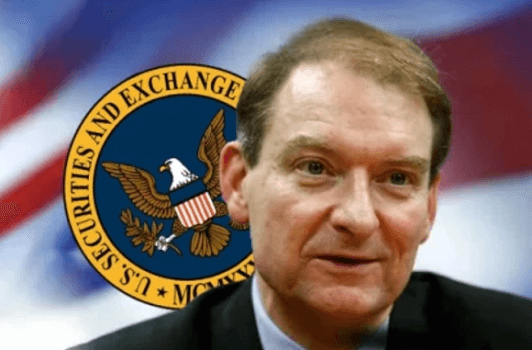

- Trump picks Paul Atkins, a pro-crypto libertarian, for the SEC chair role.
- Atkins is expected to provide clearer crypto regulations.
- Senate confirmation is needed, although Trump could pursue a recess appointment.
President-elect Donald Trump has selected Paul Atkins, a staunch advocate for the crypto industry, to serve as the next chair of the US Securities and Exchange Commission (SEC) once Gary Gensler steps down in January 2025.
This move marks a significant step in fulfilling Trump’s campaign promises to reshape the regulatory landscape for digital finance and bring clarity to cryptocurrency rules.
Atkins’s pro-crypto stance
Atkins, who served as an SEC commissioner under President George W. Bush, is well-known for his libertarian views and has earned respect within conservative legal circles.
Since leaving the SEC, Atkins has been an outspoken supporter of the crypto industry, particularly in his role as co-chair of the Token Alliance at the Digital Chamber of Commerce. In addition, Atkins has advised digital finance companies on regulatory compliance as the founder of Potomak Global Partners, a consultancy he established in 2009.
The crypto market expects a turnaround under Trump’s leadership
The selection of Atkins comes as Trump aims to provide clearer guidelines for the cryptocurrency market, which has long been frustrated by SEC chair Gary Gensler’s approach.
Under Gensler’s leadership, the SEC was criticized for pursuing enforcement actions against crypto companies without establishing clear regulatory frameworks. This led to widespread discontent within the crypto industry, with many calling for a more transparent and collaborative approach.
Gensler has, however, announced his resignation, effective January 20, when Trump is set to take office, creating room for fresh leadership at the SEC.
During his campaign rallies, Trump promised to make the US a “world capital” for crypto and has committed to replacing Gensler to help establish clearer rules for the industry. He also proposed the creation of an advisory council to focus on crypto policy and suggested a national Bitcoin strategic reserve.
The selection of Atkins signals a strong push towards crypto-friendly regulations, a move that is likely to be welcomed by the industry, especially after years of uncertainty.
Although there are reports that Atkins is reportedly reluctant to accept the role, attention now shifts to The Senate, which will be responsible for confirming or declining Atkins’ appointment, though Trump could choose to make a recess appointment if necessary.
-

 Regulation21 hours ago
Regulation21 hours agoCambodia crackdown locks out 16 crypto exchanges
-

 Market21 hours ago
Market21 hours agoTron (TRX) Price Hits New All-Time High Since 2018
-

 Market17 hours ago
Market17 hours agoWhat 500K BTC Holdings Mean for Crypto
-

 Market22 hours ago
Market22 hours agoXRP Price Defies The Odds
-

 Altcoin17 hours ago
Altcoin17 hours agoAnalyst Who Correctly Called The XRP Price Jump From $1.4 To $2.8 Reveals The Rest Of The Prediction
-

 Market16 hours ago
Market16 hours agoBitcoin ETFs $6 Billion Record Inflows May Drive BTC to $100,000
-

 Altcoin21 hours ago
Altcoin21 hours agoThinking Of Selling Your Dogecoin Already? Crypto Analyst Puts Price Top In The Double-Digits
-
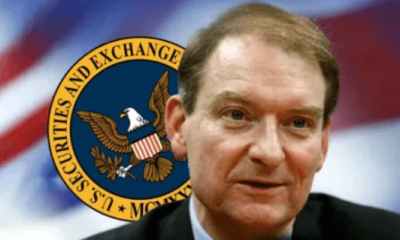
 Regulation14 hours ago
Regulation14 hours agoDonald Trump selects pro-crypto Paul Atkins to be the next US SEC chair








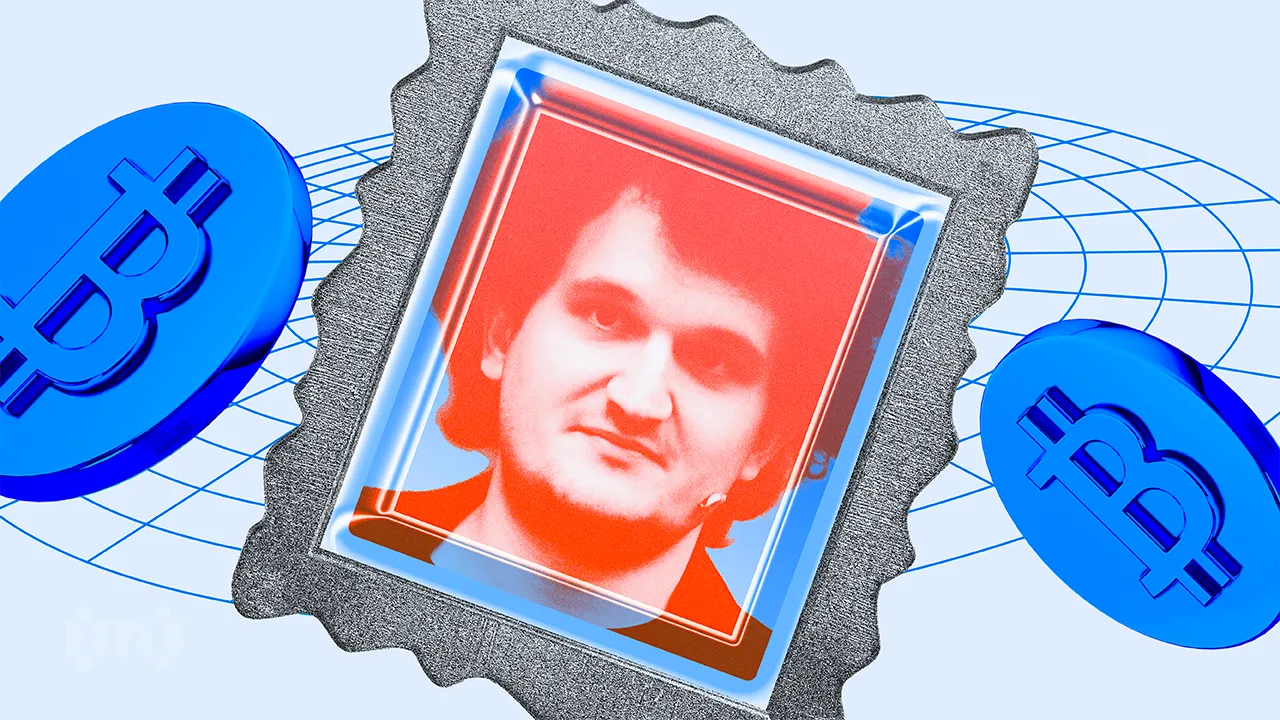














✓ Share: